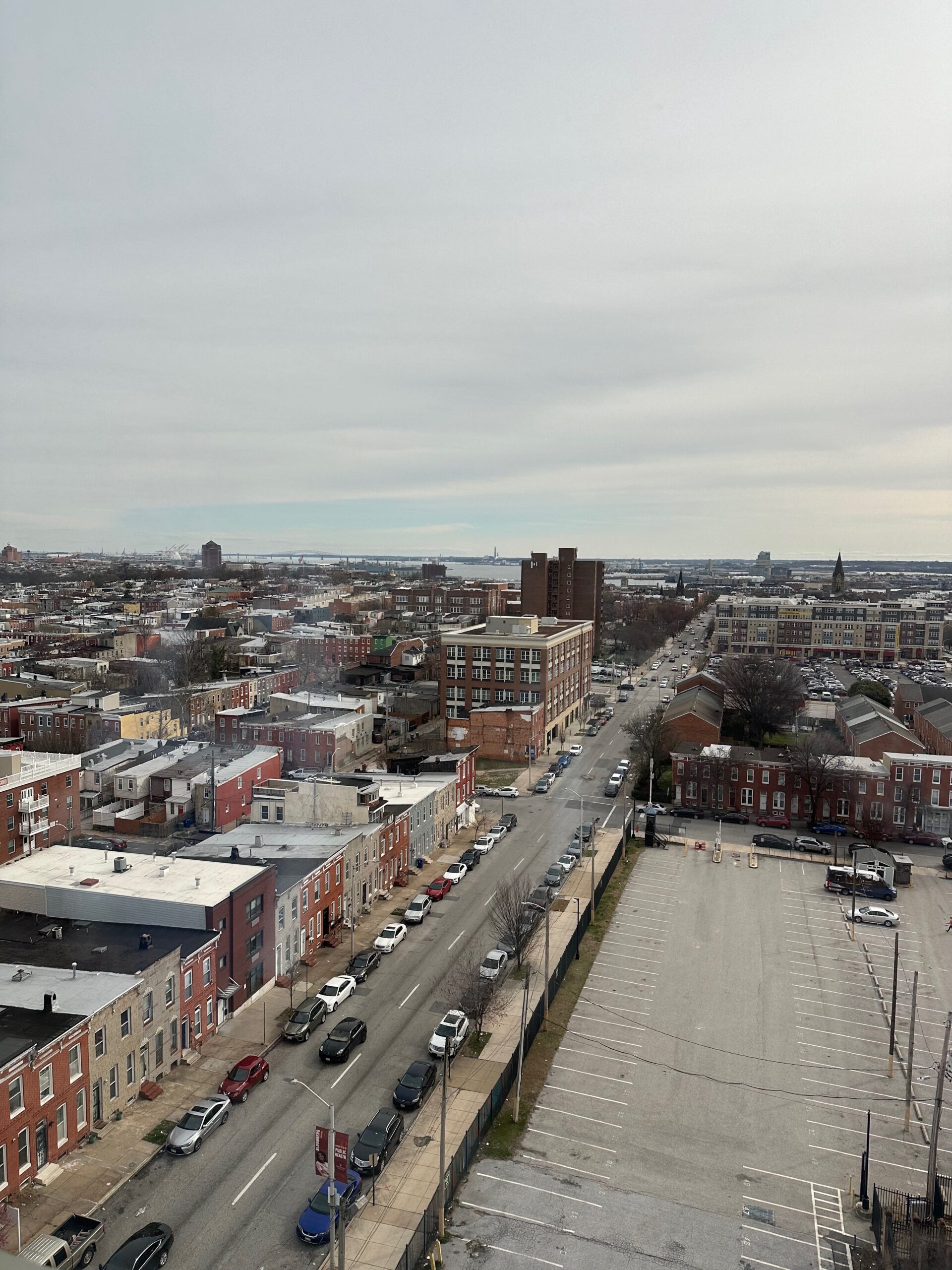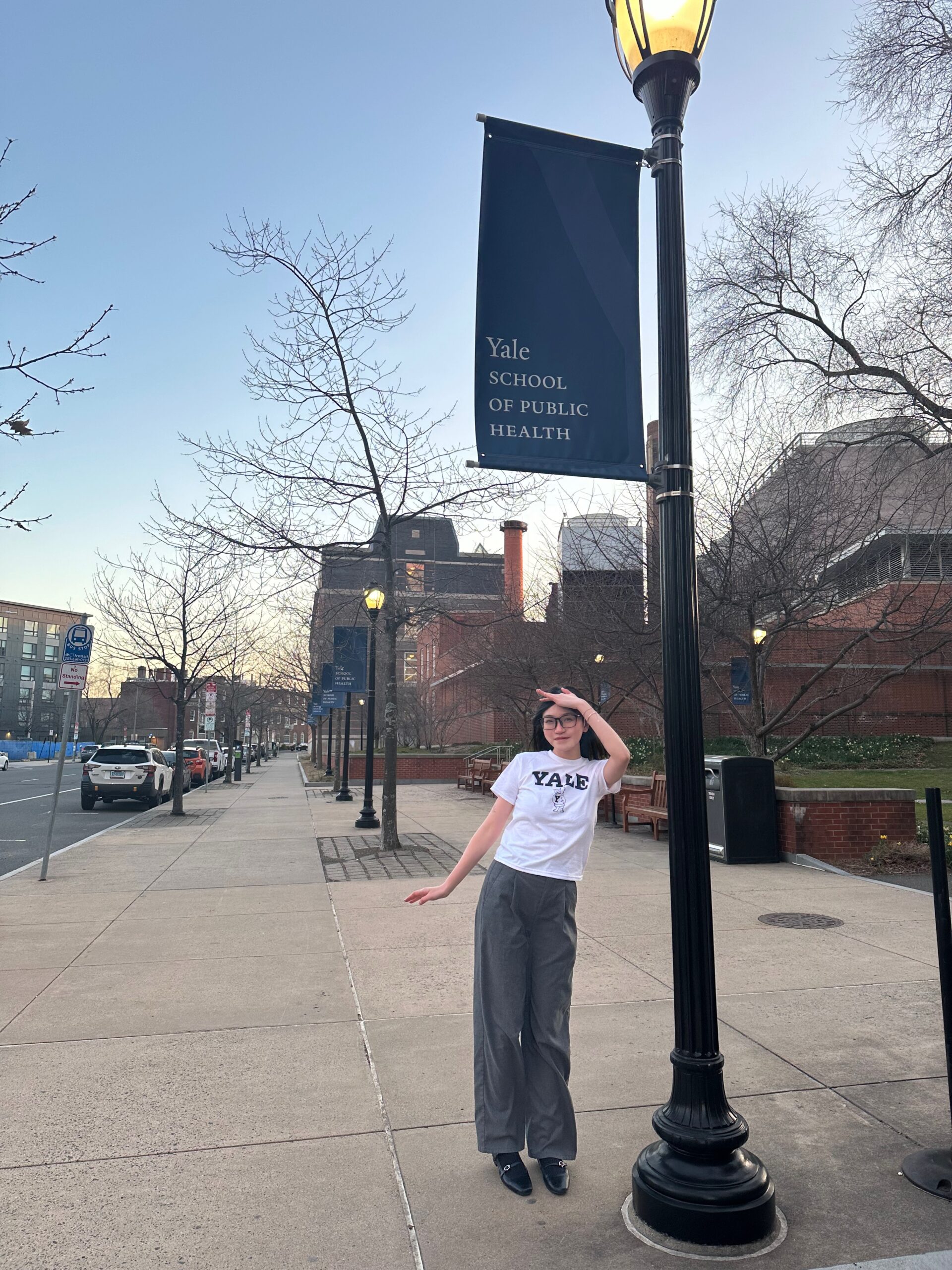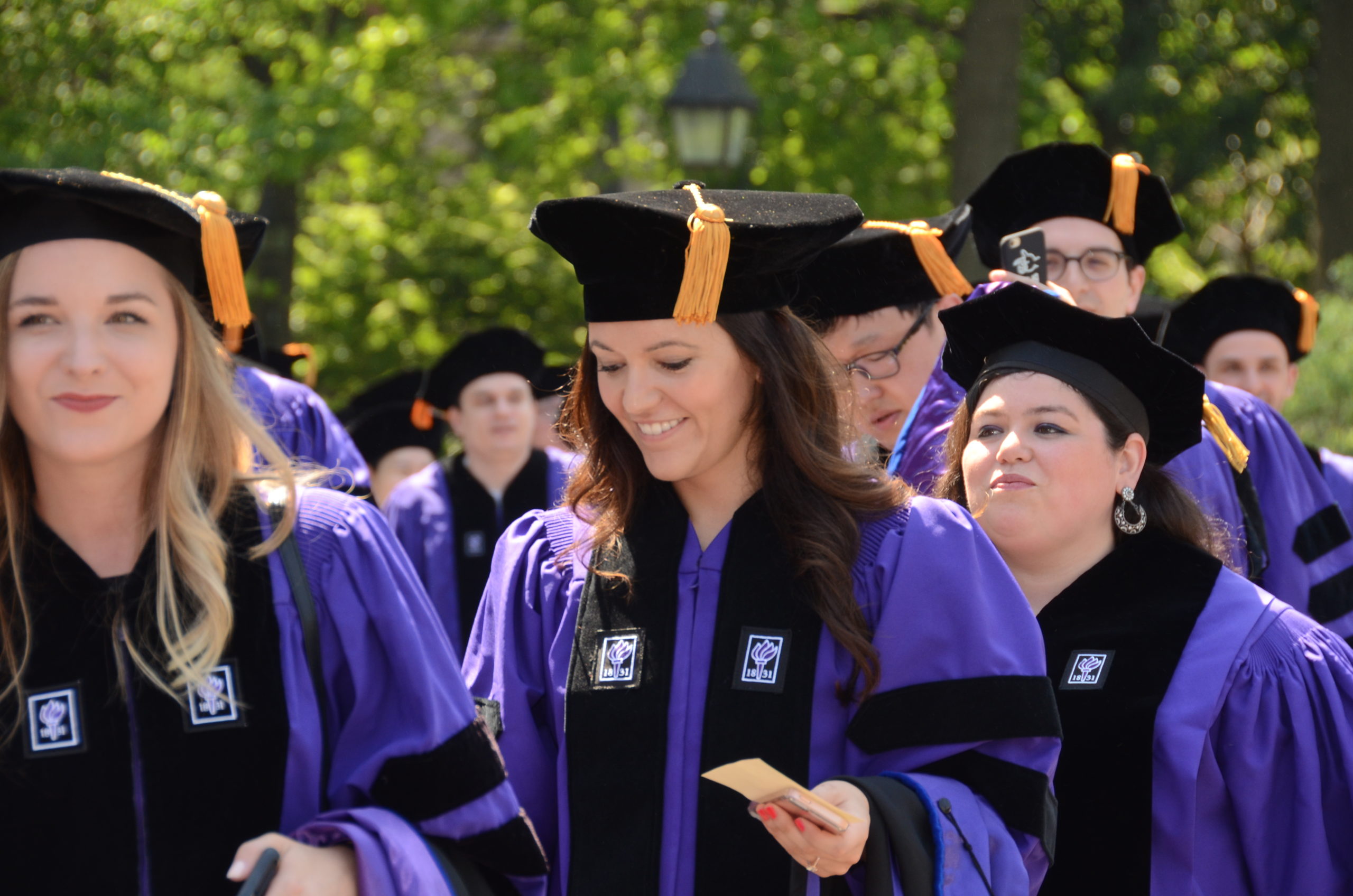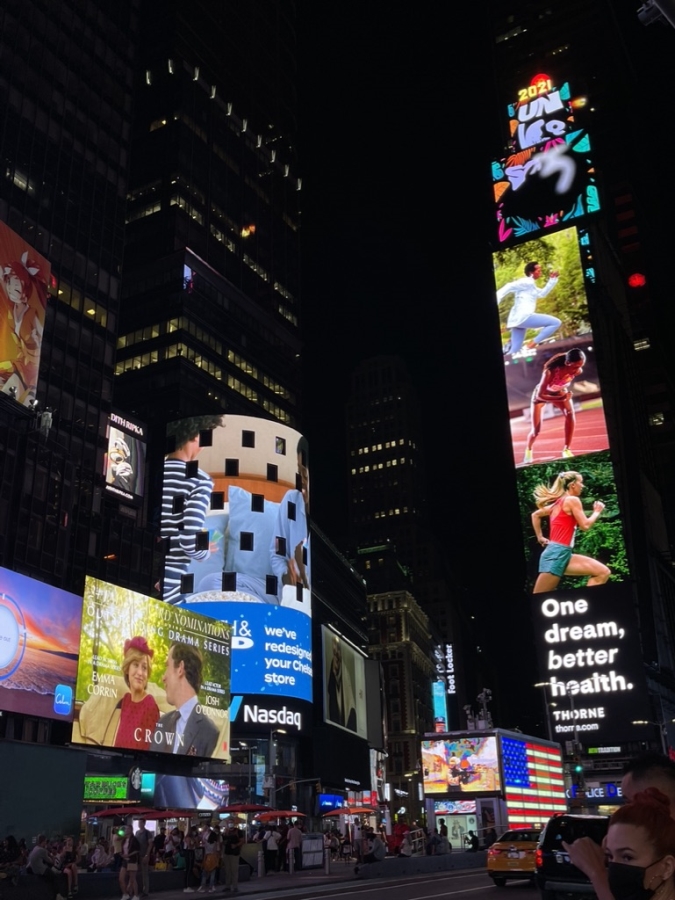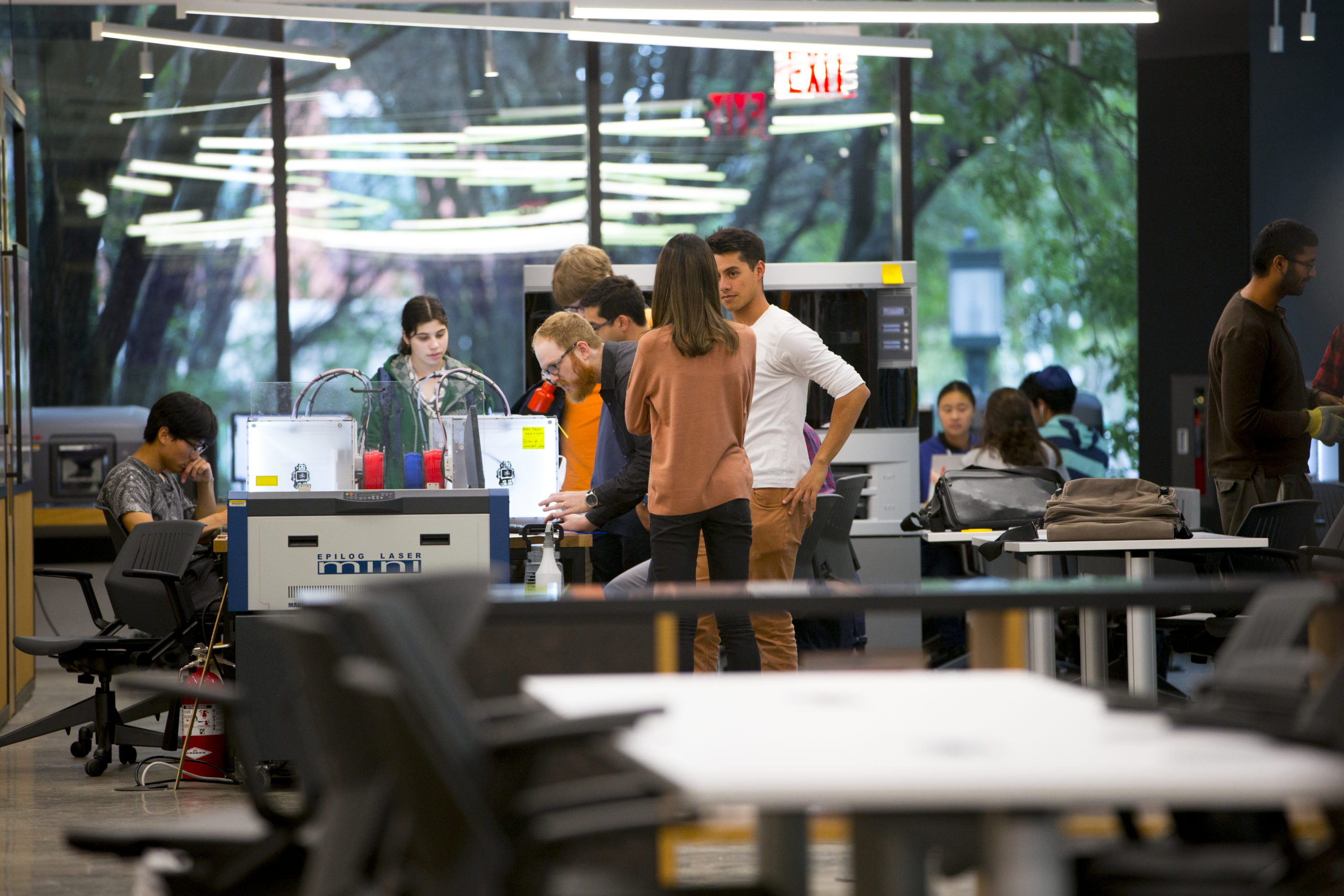Published March 19, 2024
Graduate School: Applying as an NYU Senior
Applying to graduate school can be a very daunting and busy process, especially if you’re doing it while still an undergraduate. However, it can be a very rewarding if you know graduate school is the right next step for you after graduation! As an undergrad, I majored in Psychology and minored in Public Health. Falling in love with public health, I aimed to pursue a master’s in public health to further my journey. While I could talk all day about what inspired me to take these next steps, I believe these two short paragraphs from my personal statement explain it all!
Shifting my academic focus, I declared a minor in public health. In one of my first classes, my professor asked what the leading causes of death for men and women are. Surprisingly, I was one of the only students to know it was heart disease for both (thanks to Caroline Craido Perez’s book). In a class with future public health professionals, I was shocked that this wasn’t well known. This classroom experience made me realize that improving health outcomes for women transcends expanding women’s health research but also creating space for women in other fields that directly impact them, like chronic diseases.
Inspired to raise awareness of systemic inequities causing poorer female outcomes for cardiovascular disease, I published a paper in the Medical Dialogue Review, a public health peer-reviewed journal at NYU, on the importance of sex-disaggregation in chronic disease research.
My experiences ultimately molded my career goals, and I aspire to expand sex-disaggregated clinical research so that women won’t have to navigate chronic illness with lackluster scientific evidence. Additionally, I’m interested in expanding research on how gender-based violence can be a determinant for adverse health outcomes. Most importantly, I think it’s essential for the next generation of public health researchers to be active in the policy sphere. Volunteering at a sexual violence prevention nonprofit, I’ve witnessed the significant divide between these two spaces. Thus, I’m passionate about learning more about strengthening the connection between research and practice through evidence-based advocacy.
I choose to pursue a graduate degree now because I want to continue building my theoretical knowledge of larger contexts that determine health outcomes and cementing epidemiological research skills to become an informed researcher. Additionally, with ever-growing divides between policy, advocacy, and research, I think now is the time to welcome researchers who aspire to be active in practice and advocacy.
This is a brief snapshot of my motivations for applying and some of my application narrative. Keep in mind that each graduate program can be very different. The process can also differ based on whether you’re applying to a masters or PhD program.
I hope this guide helps you navigate the grad school application process and take advantage of the many resources at NYU!
Step 1: Decide if graduate school is right for you!
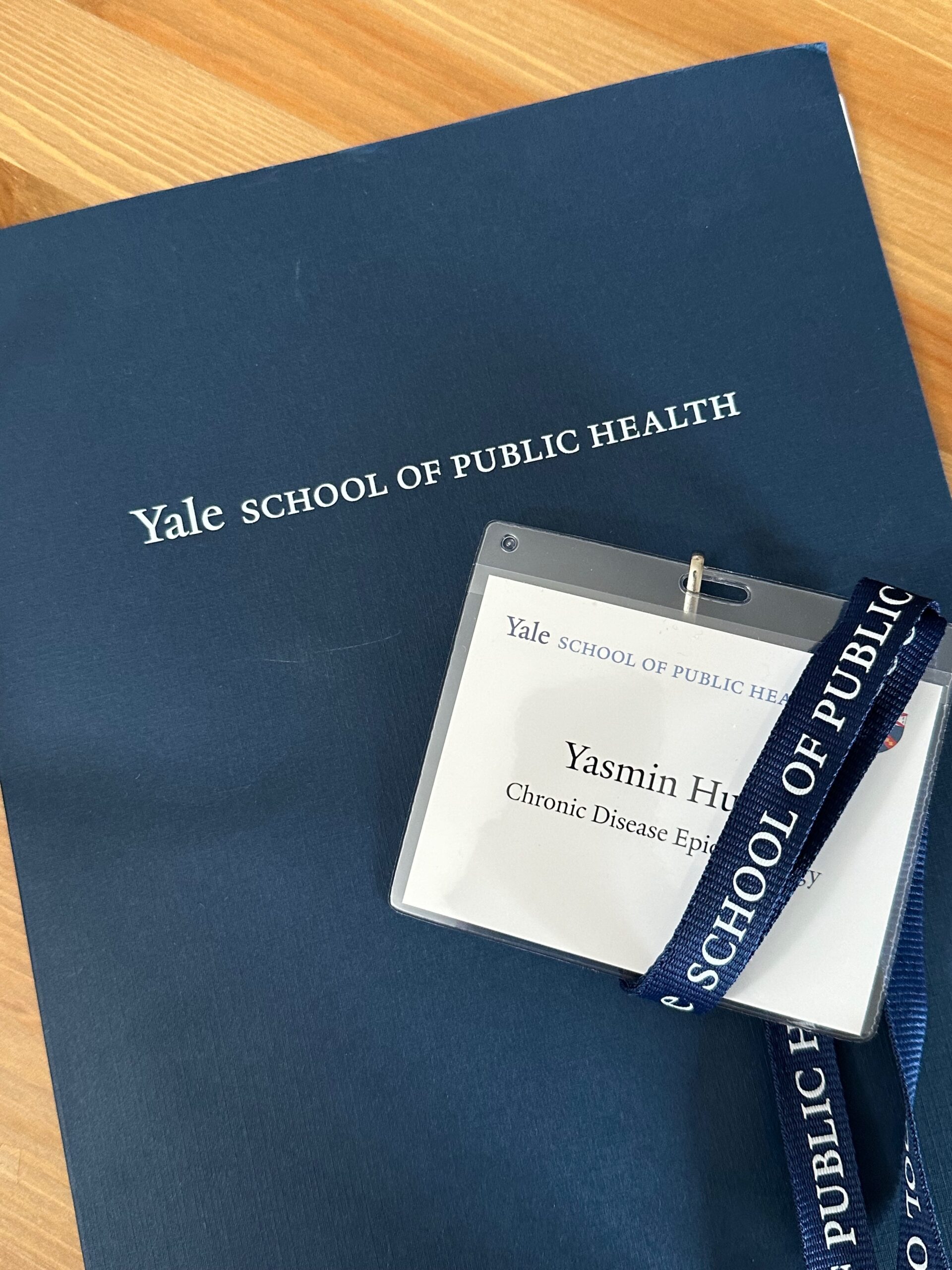
This might sound obvious, but it can be the hardest step. There are many different factors that influence your ultimate decision (finances, real-life experience, long-term career goals), so it isn’t always a straightforward answer.
Just remember that you don’t have to decide this on your own. Talk to your friends, family, professors, and academic advisers! Two helpful tools are:
- Wasserman Career Development Center: Set up an appointment with a career coach and they can help talk you through the decision-making process.
- Violet Alumni Network: This is an amazing resource if you want to talk to other NYU graduates who went down similar paths. Talk to someone who decided to go to graduate school versus someone who decided to go for a full-time job. Diversify the pool of people you’re talking to so you can get as many perspectives as possible.
At the end of the day, the “right” choice doesn’t necessarily exist. It’s just about the choice that works for you.
Start by envisioning your future self. From there begin to identify the steps necessary to achieve your long-term goal. You might find that reaching your dream job does not require graduate school! Thus, talk to as many people as possible and conduct thorough research to make the most informed decision.
Step 2: I want to go to graduate school, what’s next?
Next, it’s time to do something you’re very familiar with! The college research process. This process was similar to my research for undergraduate institutions. I considered things like research, mentorship opportunities, work opportunities, courses, and location. The only difference now may be that your priorities have shifted.
For me, research was at the top of the list because I want a research career. Another tip is to ACTUALLY create a timeline. Timelines might look different depending on which programs you’re applying to. It’s important to set internal deadlines for yourself to stay on track. I started doing my research and timeline planning around the summer of my junior year. By the time senior year begins, have your schools narrowed down and a timeline set.
Before you finalize your choices, talk to alumni from the programs you’re interested in. Whether it’s contacting the school for alumni contacts or doing it yourself on LinkedIn. The most helpful answers I got were from alumni and current students. They can give you insight on what it’s like to be a graduate student at that school.
Step 3: Gather the necessities!
In September, I approached my professors for letters of recommendation to submit my application by mid-December. Professors are busy, and asking early gives them more time to write a glowing letter of recommendation. When you approach your professors, make sure to bring your personal statement, resume, and transcript for them to review. Unsure whom to ask? It varies by individual and depends heavily on your program. For me, a mix of professors and research mentors worked best.
Now, onto the dreaded personal statement…I won’t lie—THIS WAS THE HARDEST PART FOR ME. Yet, it also can be the most rewarding. Writing my personal statement deepened my passion for public health and reconnected me with my passions and narrative. Start early! Many people begin drafting the summer before their senior year. This doesn’t mean you should edit it daily until submission, but rather outline major points and start shaping your story as early as possible. Don’t hesitate to experiment with ideas, especially for your hook.
A helpful NYU resource is the Writing Center! Sometimes they have workshops for writing personal statements. I attended one and it was a great starting point and brainstorming session, with lots of help from the professor.
Lastly, make sure you prepare your transcript. It can take a while for schools to send a transcript (even if it’s digitally). Make sure you do this as early as well.
Step 4: Right before submission
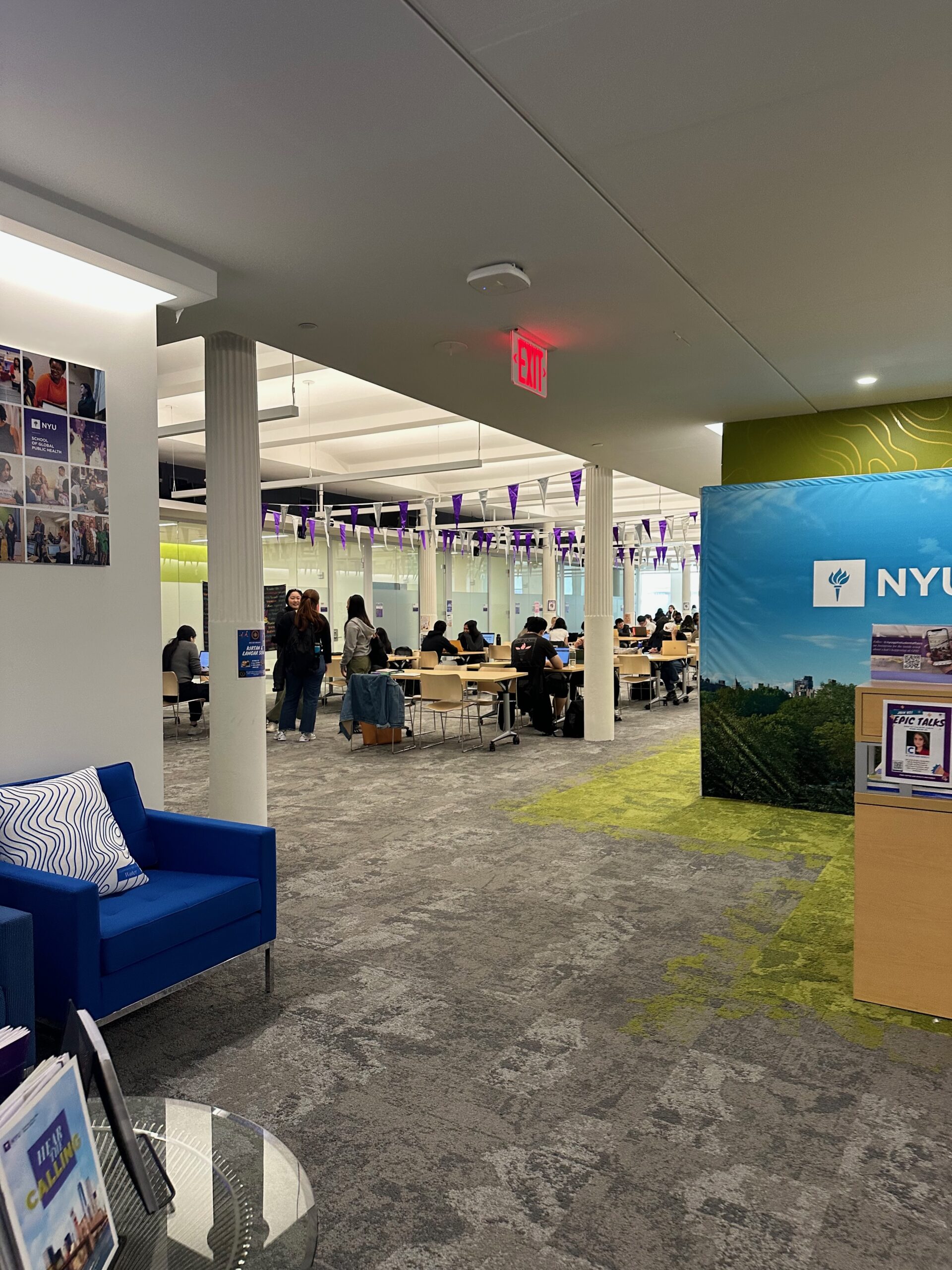
My best tip is to use Wasserman Center for Career Development! If your programs require you to submit a resume for admission, Wasserman is a great place to get a fresh set of eyes on your resume. I wanted to include some publications and presentations, but I had never created a resume before. So, the Wasserman career adviser gave me some helpful tips to make sure my it was as polished as possible.
Everyone says this to do this, but only half of people actually do it: double-check your personal statement! Don’t skip this step, because there’s nothing more embarrassing than submitting something with a typo. A single typo can tarnish all the hard work you’ve put in.
After you’ve proofread, have a friend, professor, or mentor read your statement. Because I know my own story so well, I tend to under explain. I’m sure I’m not the only one. Having someone unfamiliar with the details of your narrative read your statement is beneficial. They can act as an admissions counselor, reviewing your application and pointing out areas for improvement!
Step 5: The waiting game
The waiting game is tough, I won’t sugarcoat it. To beat the waiting game (especially for rolling admissions), start early and submit early! I wish that would fix everything, but even if you submit early, some schools might not look at applications in the order they receive them. So, keep a few things in mind:
- Just because you haven’t heard back yet while others have, doesn’t mean you’re going to get rejected! I waited for one of my schools for months. Seeing others get admitted, I was convinced my chances were fading. Ultimately, I still got into the program! Even though it was months after others, an acceptance is an acceptance.
- Losing sleep or missing out on fun during your senior year isn’t worth it! Every admissions result has surprised me. I received an email from one of my top choices on a random Friday night while walking home with my roommate. For another decision, I was in my Brazilian film class! The moral of the story? Go out, pay attention in class, and sleep normal hours instead of constantly checking your email.
- Avoid getting too caught up in the online world of grad admissions. Imposter syndrome is very real, but remember your achievements and ignore the online chatter!
- Build your support system. I met a friend who was also applying for the same program during the fall semester of my senior year. She has been a pillar of support throughout my application process.
- Admissions do not define your academic value! Many factors play into admission decisions, like fit!

